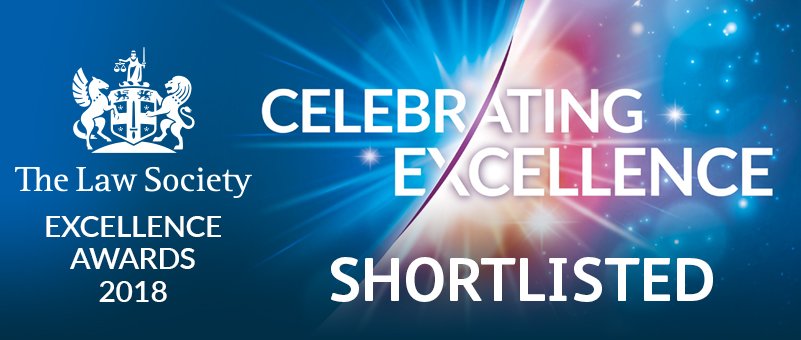Can I be given medication if I don’t want it?
If you are detained under the Mental Health Act you can be given medication and other treatment against your will but there are rules about how this can be done.
You can be treated without your consent under the Mental Health Act if you are detained under the following sections:
- Section 2
- Section 3
- Section 37
- Section 37/41
- Section 47
- Section 47/49
- Section 48
- Section 47/49
This includes times when you are out on extended section 17 MHA leave because you are still liable to be detained. Taking medication may be a condition of you being on extended leave, so if you refuse medication you could be brought back into hospital.
What rules are there about giving me treatment against my will?
Because giving people medication without their agreement is very serious, there are measures in place to protect you.
If you are in hospital …
You can be treated against your will under the authority of your Responsible Clinician for the first 3 months of your detention.
After the first three months of treatment, a doctor other than your Responsible Clinician must provide a second opinion as to your treatment. This doctor is called a Second Opinion Appointed Doctor (SOAD). The SOAD must confirm either that:
- a) You have capacity to consent to the treatment and have done so;
or
- b) You have capacity to consent to the treatment but have refused it, and the treatment is appropriate;
or
- c) You lack capacity to consent to the treatment, and the treatment is appropriate.
However, even when the SOAD agrees that you should receive treatment, the clinical team who give you the treatment must still be sure that the treatment is appropriate in the circumstances.
If you are not in hospital …
If you are detained on a Community Treatment Order or a Conditional Discharge, you can only be treated against your will if:
- a) You cannot make the decision about treatment because you lack mental capacity,
and
- b) You need the treatment because:
- Your life is at risk, or
- You will deteriorate without it, or
- You are a danger to yourself or others without it.
Taking medication is likely to be a condition of your CTO or Conditional Discharge so if you refuse treatment your Responsible Clinician could recall you back to hospital.
What kind of treatment can I be given?
Treatment has a very wide definition under the Mental Health Act, it includes things like medication, nursing, psychological intervention, rehabilitation, and care.
Can I be given electro-convulsive therapy (ECT) against my will?
The rules are different if you are given electro-convulsive therapy.
Whether you can be treated with ECT depends on whether you have capacity to make the decision. If you do have capacity, a SOAD must confirm that you have capacity and that you consent to the ECT. If you don’t have capacity, the SOAD must confirm that you don’t, that it is appropriate for the treatment to be given, and that the treatment would not conflict with any advance decision you have made.
In emergency situations, ECT may be given without following this procedure, but only if:
- Treatment is immediately necessary to save your life, or
- Treatment is immediately necessary to prevent a serious deterioration in your condition.
Contact Georga Godwin: Mental Health Solicitor Oxfordshire, Buckinghamshire, Berkshire
If you have any questions about the law around treatment for mental health, contact Georga using the online contact form or by calling 01865 596717. You can also email Georga on This email address is being protected from spambots. You need JavaScript enabled to view it..


